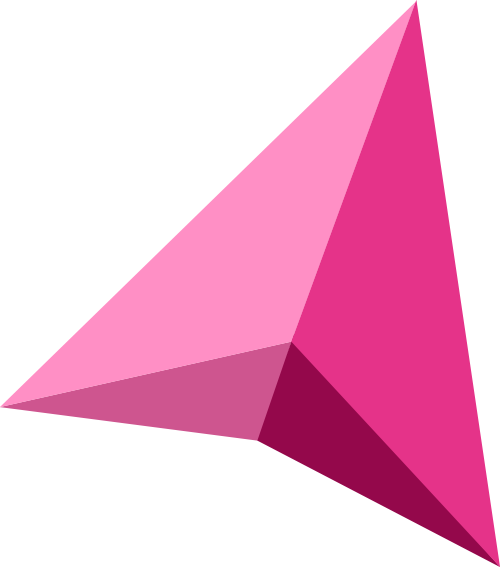Case Study: “Baltic Sea Games Award”
Introduction
As part of the BGI1EU-Interreg project Baltic Game Industry: http://baltic-games.eu/ pilot on internationalisation strategies for the Baltic Sea region (BSR) game industry, we tested a common award, the “Baltic Sea Games Award”. This award was created as a means to strengthen the notion of a common BSR identity and its visibility. The goal was also to increase the skills of start-ups acting on an international stage.
The pilot event “Baltic Sea Games Award” took place on 16 November 2019, at the video game conference “GameOn” in Vilnius, Lithuania.
Rationale
The rationale behind this test run was to understand:
- what optimal conditions such an award would require in terms of preparation and implementation
- how the brand awareness could benefit from it
- whether this could be a sustainable practice taken on by the incubation network
Two Perspectives
With the incubators as the drivers of such an award, and the incubatees as the developers to be motivated, the award took on two perspectives. Both creative quality and business orientation were to receive their due accolade. In a first step, an online jury of game experts cast their vote for the winners in the four categories “Best Game Design”, “Best Game Art”, “Best Game Audio” and “Best Game Narrative” – evaluating the creative quality angle.
A “Curated” Call
As the focus of this pilot was on start-ups, we opted for a “curated” call. Every partner incubator proposed a curator and a juror. The curator pre-selected a maximum of five suitable start-ups (with a not yet published game, at least in prototype stage) of the partner region. This allowed us to get around lengthy criteria descriptions, e.g. with regards to content (violence, sexual or racist behaviour). We trusted in the curators to select appropriate game projects.
The jurors were able to cast their votes on the curated selections for the other regions. Thus we avoided biased positions towards a juror’s own region. The curated start-ups joined the contest online with their games and descriptions. In total, 29 start-up teams from the eight European countries of the BSR submitted their projects
Lessons Learnt
The lesson learnt was that the system with curated pre-selection and the jurors voting for the other regions worked well and is recommendable, at least as long as the award is still in its early growth.
However, it turned out that finding start-ups that would submit their game was not as self-evident as initially believed. In countries such as Finland, Denmark and Sweden, the teams already have many opportunities to present their game at national or regional awards. Investing time and effort into an award without renown (for investors) was not attractive enough. Also, the lack of a monetary prize was a deterrent. This was the case in particular for start-ups that commonly invest their efforts into getting public funding.
The Live Pitch in Vilnius
The second round of the contest happened not online, but as a live pitch in front of three jurors (experienced investors / publishers). The jurors evaluated the business plans for the games. The four winners of the online round became the finalists for this second phase in the offline “Baltic Sea Games Award” ceremony. As a strategy to foster the BSR identity and the common brand, the public also got a vote. An online community vote prior to the event and a live audience vote both had a stake in the final scoring.
The Winner – “Weakless” by Punk Notion
Ultimately, “Weakless” by Punk Notion won the title “Best Start-up Game 2019” in front of a large audience in Vilnius. The award was video-recorded and published as an aftermovie2Baltic Sea Games Award – Aftermovie: https://www.youtube.com/watch?v=Dt-AWhmiLPk. It featured the common BSR-wide branding Baltic Sea Games. To connect the award visually to the brand, we produced a trailer3Baltic Sea Games Award – Trailer: https://www.youtube.com/watch?v=zznvdvWpSYc that can be reused for other productions for visual recognition purposes.
The Aftermath
With the use of the award, the branding Baltic Sea Games was already able to reach more than 600,000 people in a short period of time after its introduction. Game industry start-ups that took part in the online round of the award, as well as the game industry start-ups at the “Baltic Sea Games Award” ceremony in Vilnius, were able increase their chances of connecting to investors and game industry business representatives due to the increased visibility and prominence created by the award.
These effects can definitely be multiplied with adapted and specifically tailored formats. These could be tested in the future, e.g. an award within an investor workshop event. It is anticipated, that the BSR common identity Baltic Sea Games will continue to attract attention. This will mostly happen through its social media channels.















